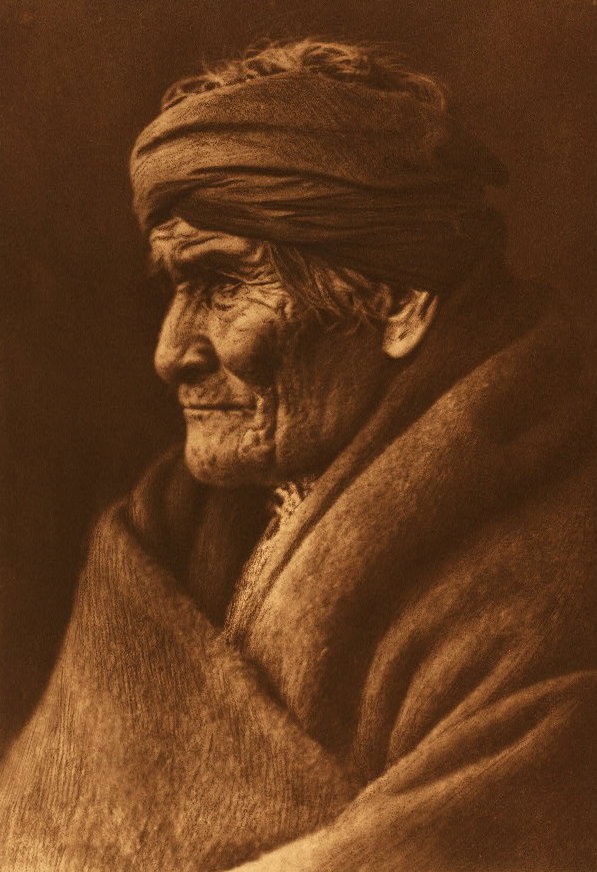Fourth Sunday in Lent | Luke 15:11-32
Peace, Love, Mercy, and No Justice
In the late 1970s, Bruce Springsteen famously introduced his song “Thunder Road” in concert this way:
We were out in the desert, over in the summertime, driving to Nevada, and we came upon this house on the side of the road that this Indian had built… Had a big picture of Geronimo out front, said ‘Landlord’ over the top… Had this big sign, said ‘This is a land of peace, love, justice and no mercy.’
This is a parable of peace, love, mercy, and no justice.
The prodigal son was right. He had taken his share of the family wealth before it was his to take, and he had wasted it. That is the truth of the matter. If there were any justice, when he returned his father should have done exactly what the young man planned to ask—make him into a servant and nothing more.
The older brother was also right. He had been a true son, loyal and hardworking, and he had to watch their father welcome his sorry younger brother back as though he were a hero just for showing his face.
In the story, of course, the father is God. So much for God being just, at least so far as this parable goes.
In the story that Jesus tells, God is not in the justice business.
It’s a good thing, too, since we are all like the two brothers. On the one hand, most of us squander most of what we get. Actually envying pigs, though—that is something of a defining low, especially for a first century Jew. The pigs themselves were off the menu, and here this fellow would have been happy to eat what the pigs were eating. Most of us haven’t been quite so low as that, which leads to the other hand–we are more inclined to judge people who have faired worse than we ourselves. They deserve what they get, we think, or they deserve not to have what they don’t have.
 There needs to be justice in the world. Maybe God’s justice has less to do with punishing the wrong and more to do with making sure people get what they need. Safety. Food. Shelter. Respect.
There needs to be justice in the world. Maybe God’s justice has less to do with punishing the wrong and more to do with making sure people get what they need. Safety. Food. Shelter. Respect.
The father didn’t need to run to meet his younger son. He could have waited, knowing that the long walk in his father’s sight would drive home this son’s contrition. He would have been right to wait. He would have been just, but he would not have been God-like.
Likewise, the father was under no compulsion to go out into the yard and find his angry elder son, to make peace with him. Waiting for that son to return to him would have been the just thing, the right thing, but just as the father ran to one son, he went also to the other.
Our notions of justice are small, often petty, more like revenge. Revenge seeks to punish. True justice seeks to restore what has been lost, as much by the sinner as by the sinned against.

